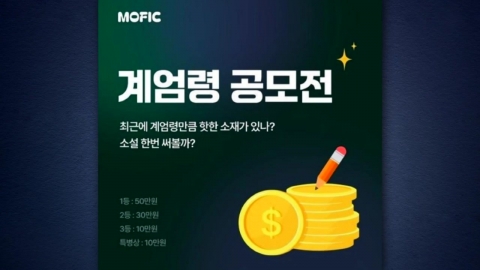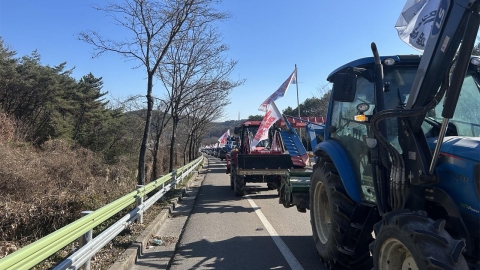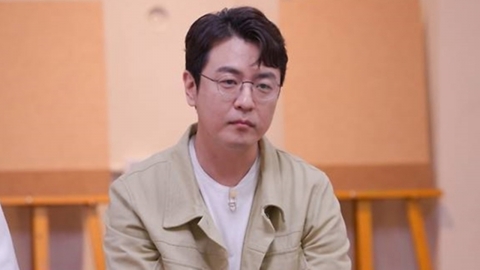The National Assembly Legislation and Judiciary Committee yesterday voted on the AI Framework Act, which defines AI as "high-impact AI" that can have a significant impact on human life, physical safety, and basic rights and also defines operator responsibility.
Earlier, the EU's AI law classified AI risk into four levels: minimum-limited-high-risk-prohibition, a more relaxed bill.
The industry raised the issue that Article 40 clause 2, which stipulates that "a fact-finding investigation can be conducted when reporting a violation of the law or filing a civil complaint," could be misused due to false reports by competitors.
In response, the Ministry of Science and ICT explained that the "factual investigation" clause is not only stipulated in the Basic AI Act, but is a general content that reflects the Basic Administrative Investigation Act, and that it will create an order to conduct it to the minimum extent.
The Ministry of Culture, Sports and Tourism suggested that a new regulation on "obligations to disclose Generative AI learning data" be established, but it was not accepted.
The AI Basic Law was implemented four years after it was implemented, and the industry has complained that the predictability of the business is low due to the lack of AI-related laws.
※ 'Your report becomes news'
[Kakao Talk] YTN Search and Add Channel
[Phone] 02-398-8585
[Mail] social@ytn.co.kr
[Copyright holder (c) YTN Unauthorized reproduction, redistribution and use of AI data prohibited]
Politics
More- Cho Tae-yeol said, "The political momentum of South Korea-U.S. communication has weakened...Need time to recover"
- "Discussion of martial arts" at a hamburger restaurant...Who is the key person, Roh Sang-won?
- People's Power "Coming to the Ethics Committee of Kim Yong-min for making remarks on an accomplice in a civil war"
- Constitutional Judge Candidates "right to appoint acting president, conforming to the Constitution"









